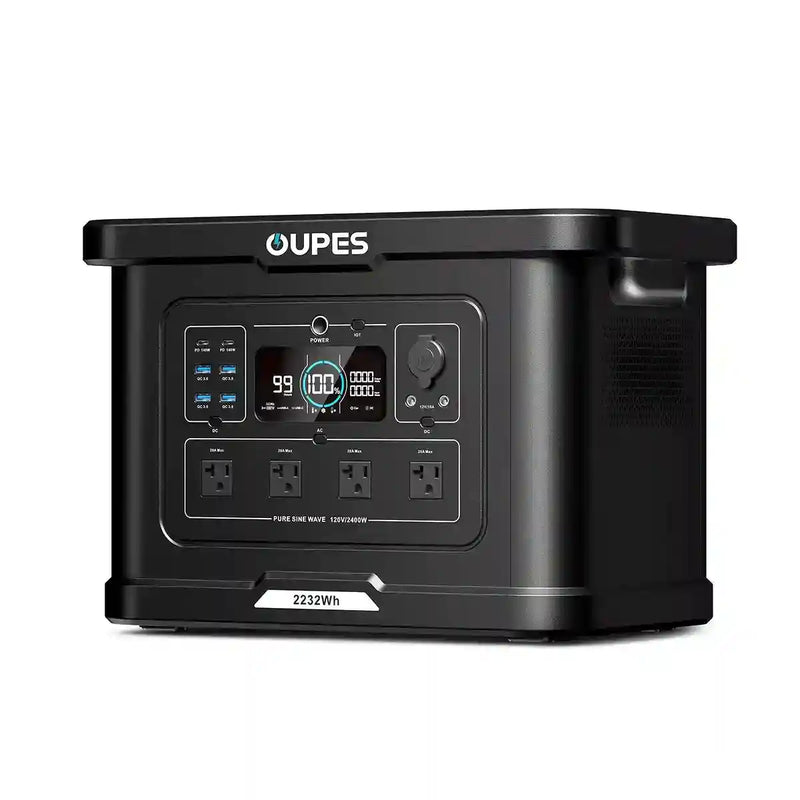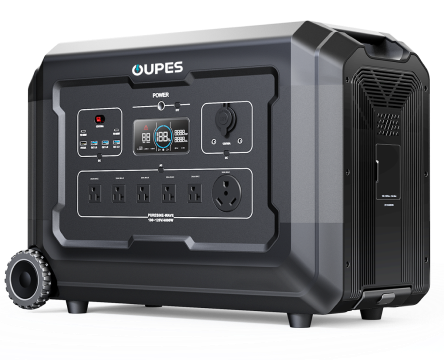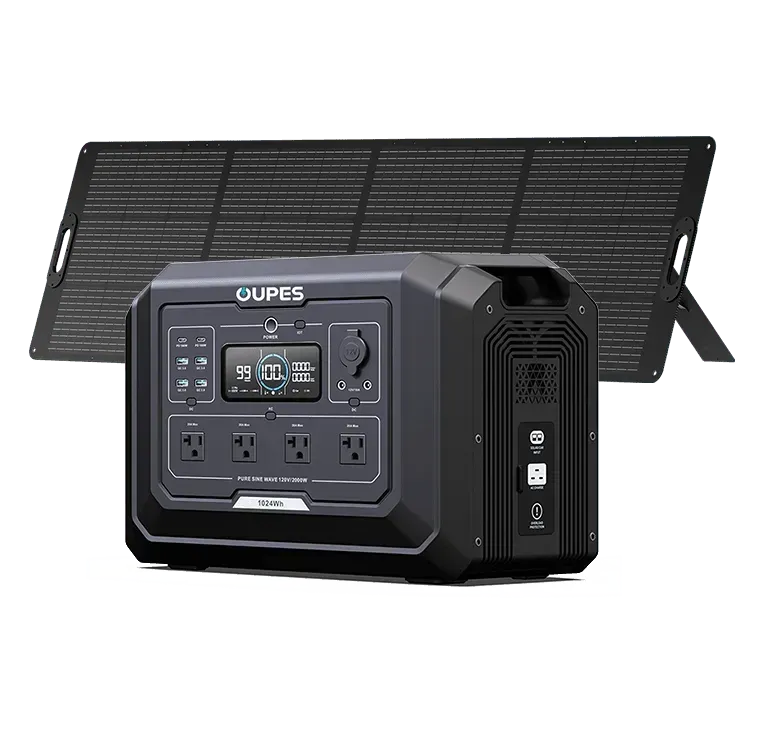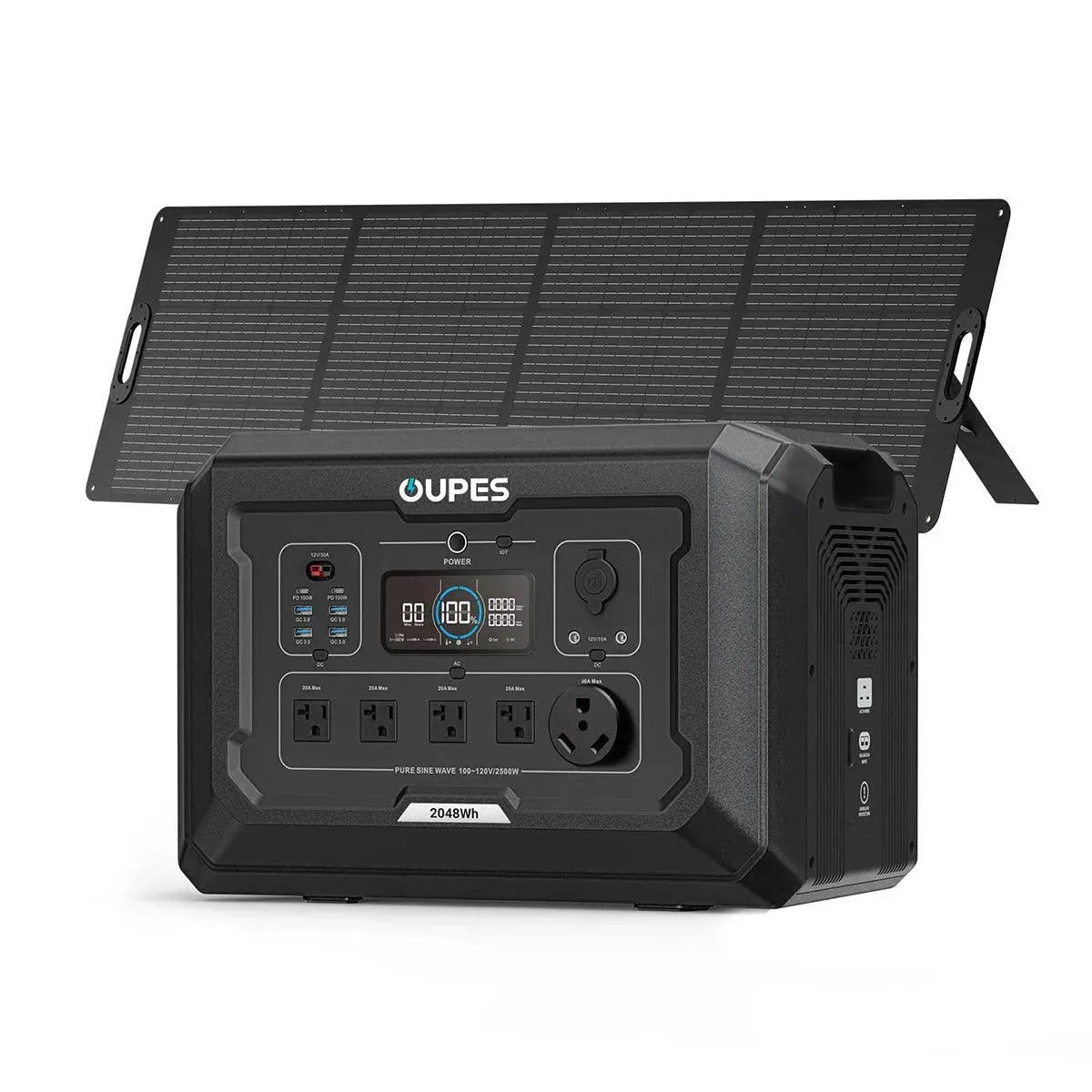
With the rising need for reliable backup energy, more people are asking the same question: What makes a portable power station truly good? Whether for camping, road trips, or emergency home backup, the right choice ensures your devices stay powered when you need them most. This guide explores what defines a good portable power station, supported by practical examples, specification comparisons, and real-life scenarios.
What Makes a Portable Power Station "Good"?
A good portable power station strikes the right balance between power output, capacity, portability, and safety. It should handle your essential devices without compromise, recharge quickly, and operate safely indoors without fumes. Unlike fuel generators, these stations provide clean, quiet energy through rechargeable batteries.
Key Factors to Consider
1. Power Output (Wattage)
Wattage determines what devices you can run. A good unit should offer at least 500W for small appliances and 1000W+ for larger or multiple devices.
2. Battery Capacity
Measured in watt-hours (Wh), capacity indicates how long the station can run devices. For instance, a 1000Wh battery can power a 100W device for about 10 hours.
3. Portability and Design
A lightweight, compact design with a sturdy handle makes transport easier. This matters for outdoor activities and emergency use.
4. Charging Options
A good model should support AC charging, solar input, and car charging. Multiple options ensure flexibility during outages or travel.
5. Battery Technology
LiFePO4 batteries are often the best choice, providing over 3,000 cycles, improved safety, and longer lifespan compared to standard lithium-ion.
6. Output Ports
Multiple AC outlets, USB ports (including fast-charging USB-C), and DC outputs allow simultaneous use of devices.
Scenarios Where a Good Portable Power Station Matters
Camping and Outdoor Recreation
Keep lights, cameras, and portable fridges running quietly while enjoying nature.
Emergency Preparedness
Power routers, phones, and medical devices during unexpected blackouts.
Home Office Backup
Ensure laptops, WiFi, and monitors stay powered so productivity is uninterrupted.
RV and Road Trips
Charge appliances and electronics on the go without depending on campgrounds or noisy fuel generators.
Comparison of Portable Power Station Specifications
| Specification | Entry-Level (500W) | Mid-Range (1000W) | High-Capacity (2000W+) |
|---|---|---|---|
| Power Output | 500W | 1000W | 2000W+ |
| Battery Capacity | 500–600Wh | 1000–1200Wh | 2000–4000Wh |
| Best For | Phones, lights, small devices | Fridges, TVs, multiple devices | Home backup, power tools, heavy use |
| Portability | Very lightweight | Moderate | Heavy, less portable |
Why OUPES Portable Power Stations Stand Out
OUPES offers portable power stations that combine powerful performance, long-lasting LiFePO4 batteries, and advanced safety systems. With multiple outputs, rapid recharging, and user-friendly designs, OUPES models provide reliable energy for both adventure and emergencies. Whether you need a compact unit for camping or a high-capacity solution for whole-home backup, OUPES delivers trustworthy and affordable power solutions.
Frequently Asked Questions (FAQ)
1. What size portable power station do I need?
It depends on your needs. For phones and laptops, 500W may be enough. For appliances, 1000W+ is recommended.
2. How long do portable power stations last?
With LiFePO4 batteries, they can last up to 10 years or more with proper use.
3. Can I use a portable power station indoors?
Yes, they are safe indoors since they produce no fumes or noise.
4. Do they support solar charging?
Yes, most models, including OUPES, allow solar input for sustainable recharging.
5. How many devices can I charge at once?
As long as the combined wattage is under the station’s limit, you can power multiple devices simultaneously.
6. Can it run a refrigerator?
Yes, mid-range (1000W+) stations can run mini-fridges and standard fridges for several hours.
7. What is the difference between 500W and 2000W units?
The higher the wattage and capacity, the more devices you can run and the longer the runtime.
8. Are portable power stations worth it?
Absolutely. They offer clean, quiet, and versatile energy for emergencies, travel, and daily convenience.
Conclusion
A good portable power station is one that fits your specific needs—whether that’s powering electronics on a camping trip or keeping your home running during an outage. With balanced wattage, strong battery life, and versatile output ports, OUPES portable power stations stand as a dependable choice for anyone seeking reliable energy on demand.




























